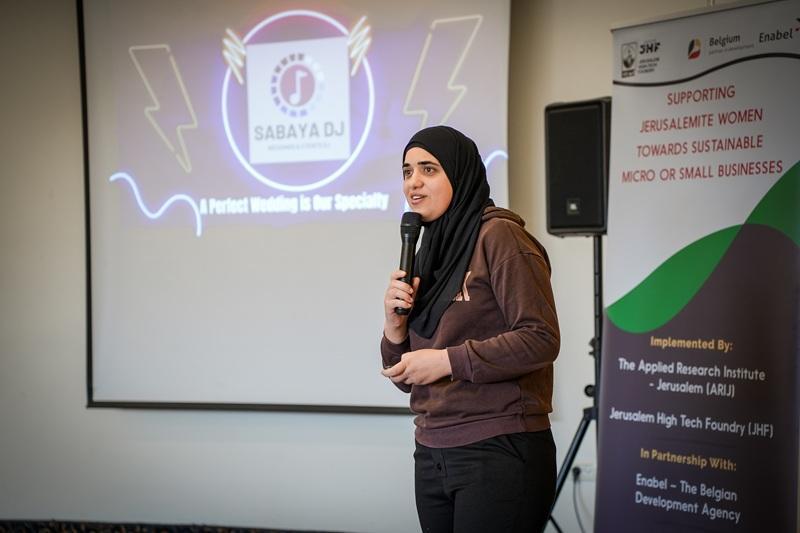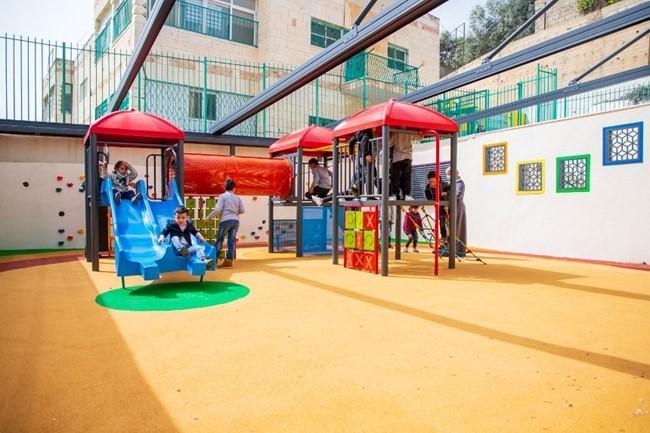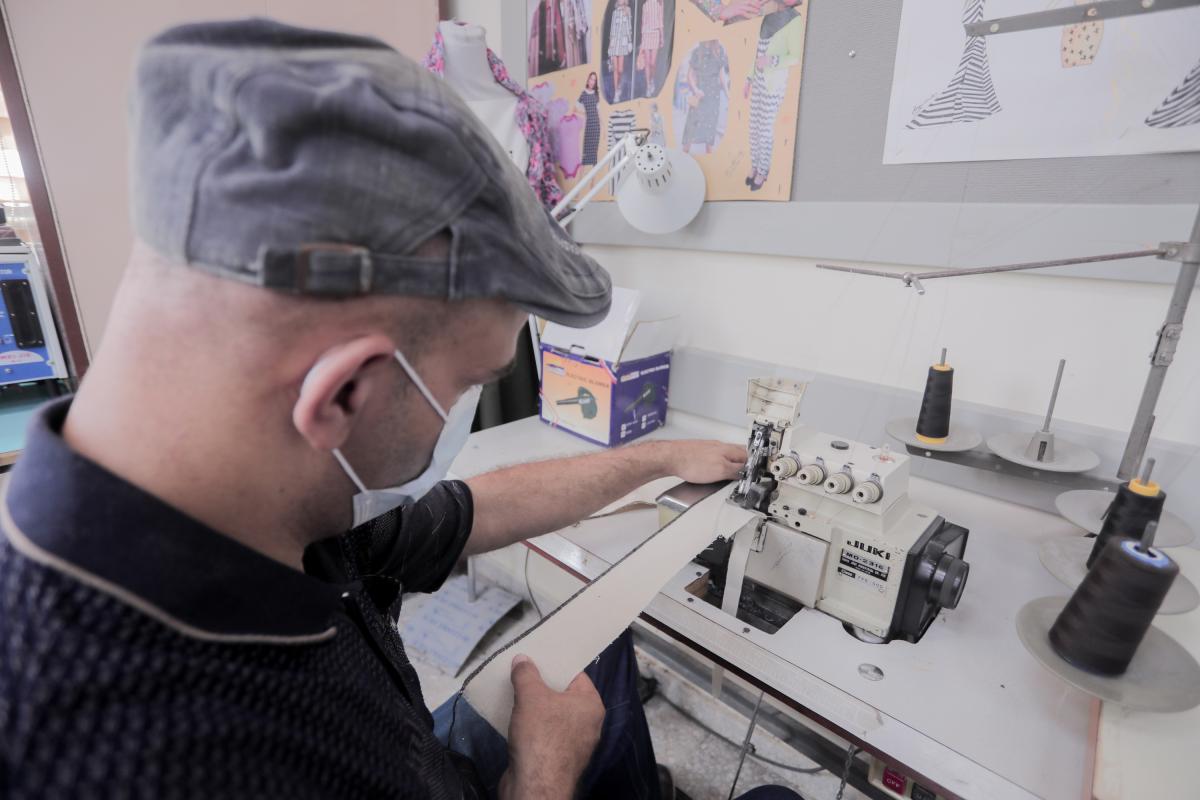Search
Viewing 1 - 3 of 3 evaluations
-

Youth Economic Empowerment project (YEP)
Victoria DEOM | 01/12/2025 2025 | Particip-technopolis
Final Evaluation of the "Youth Economic Empowerment in Palestine" (YEP) project, funded by the European Union (5 million €) and implemented by Enabel, pursues the specific objective of enhancing the employability and economic inclusion of young Palestinians. Its activities are structured around three major results: the deployment of the First Employment Facility (FEF), the development of Work-Based Learning (WBL), and support for entrepreneurship and cooperatives. This project operates within a constrained political and economic context, characterized by movement restrictions, fiscal leakage, and limited political sovereignty, structural factors that affect private sector dynamism and labor market stability.The framework of this final evaluation responds to a dual purpose of accountability and learning, aiming to inform stakeholders about the project's performance and guide the future design of youth employment programs in fragile contexts. The analysis covers the implementation period from 2022 to June 2025. It is structured around the DAC criteria, with aparticular attention to effectiveness, coherence, sustainability and efficiency, and integrates the analysis of cross-cutting themes such as decent work, gender equality, and the inclusion of vulnerable groups .It also examines the appropriateness of the grant modalities used.
-

Resilience in Schools of East Jerusalem project (RiSE)
Victoria DEOM | 18/11/2024 2024 | COWATER
Final evaluation on the Resilience in Schools of East Jerusalem (RISE) project. It was implemented in East Jerusalem, Palestine, from June 1, 2019, to July 31, 2024. The intervention was designed to strengthen the resilience of the Palestinian community by addressing the challenging educational context, which is characterized by a chronic shortage of classrooms, inadequate infrastructure, and political constraints. Jointly funded by the European Union and Belgium (DGD), the project had a total budget of €12,013,168. The central outcome aimed to increase access to education by fostering a healthy, safe, child, and environmentally friendly atmosphere involving educational communities and end users. This objective was to be achieved through three outputs: improving school infrastructure, equipping students with life skills and ownership through the provision of "Fab-Labs", and involving the community in creating five to six semi-public external spaces in or around upgraded schools.This final evaluation was commissioned by Enabel to serve the dual and mutually reinforcing objectives of accountability and learning, specifically by assessing the project's progress and generating insights for future programming. While the overall project spanned five years, the analysis concentrated primarily on the period from the first quarter of 2022 to the second quarter of 2024. The evaluation applied the full range of OECD DAC criteria. The scope of the analysis specifically focused on Results 2 (Fab Labs and associated components like STEAM) and 3 (the public spaces component). Cross-cutting themes integrated into the evaluation included the assessment of gender issues as well as the integration of digitalization and environmental awareness initiatives across the project.
-

Skilled Young Palestine project - Improving Resilience and Employment Opportunities for Youth' (SYP)
Victoria DEOM | 11/07/2024 2024 | Particip-technopolis
Evaluation of the 'Skilled Young Palestine - Improving Resilience and Employment Opportunities for Youth' (SYP) project. It aims to strengthen the resilience of Palestinian youth in vulnerable areas by improving their employability and entrepreneurship skills. The project, spanning from May 27, 2019, to May 27, 2024, with a budget of €7.5 million, aims to empower 2,800 young individuals. It involves 30 partners: 23 private sector umbrella organisations (PSUOs) across the West Bank, East Jerusalem, and the Gaza Strip; the Palestinian Employment Fund (PEF); the United Nations Educational, Scientific and Cultural Organisation (UNESCO); and 5 Non-Governmental Organisations (NGOs) and academic institutions. The project was executed in collaboration with key strategic partners, including the Ministries of Labour, Finance, and Higher Council for Youth and Sports (HCYS). Additionally, implementing partners comprised PSUOs, Technical and Vocational Education and Training (TVET) centres, and NGOs overseeing the innovation hubs. The ultimate beneficiaries of the programme were young men and women. The evaluation is conducted at the end of the project implementation aiming at: guiding future strategic and operational decisions with evidence-based recommendations, facilitating a comprehensive learning process by analysing ENABEL's performance and extracting valuable insights, and ensuring accountability to donors, partners, and ENABEL's staff. The end-term evaluation (ETE) drew its findings, conclusions, lessons learned, and recommendations mainly from a comprehensive desk review, including annual reports, final report and the mid-term evaluation report. Qualitative data was also gathered through interviews with stakeholders and focus group discussions involving young beneficiaries. These data sources were used to verify and triangulate the findings. The duration of the ETE had to be adjusted several times because the mission has been conducted during the ongoing Israeli war on Gaza and Ramadan month. Unfortunately, interventions in the Gaza Strip were excluded from the assessment due to these challenging circumstances.
